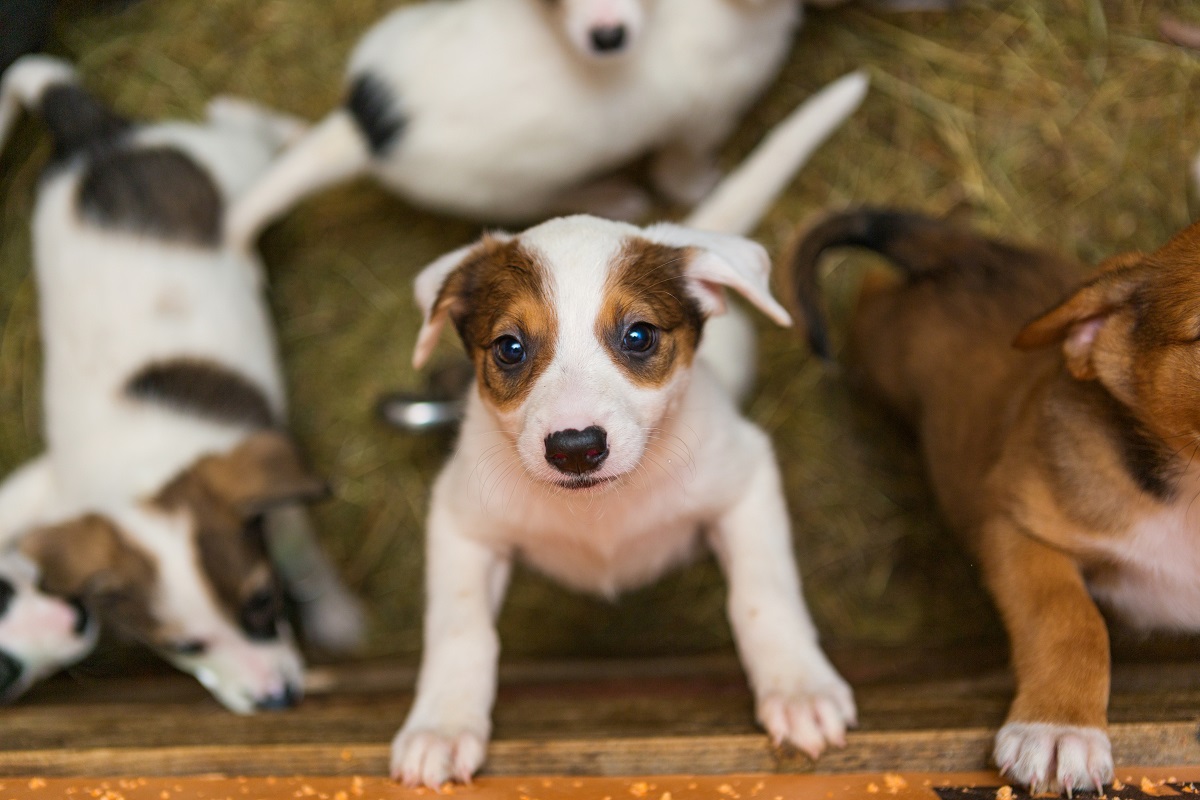The NSW Parliamentary report into “Puppy Farming” has been released with 18 recommendations to help crack down on unscrupulous breeding practices.
The inquiry, which attracted over 900 submissions and more than 6000 responses to an online questionnaire, was introduced by the Animal Justice Party in October 2021 and sought to tighten legislative requirements around cat and dog breeding.
Mick Veitch, the Committee Chair, said community sentiment around the breeding of dogs and cats is changing.
“Community members want assurance that the companion animals they welcome into their families have been ethically bred, well cared for, and will grow up happy and healthy.”
Amongst the recommendations is the proposal for a companion animal breeding business to always have one staff member at the premise for every five animals kept.
The report noted submissions from Dogs NSW and Kellyville Pets both suggesting this ratio is excessive, with Kellyville Pets declaring it “an outrageous unnecessary cost burden on breeders designed to make breeding unviable”.
Narelle Armstrong, from breeding facility Happy Canines, said the ratio suggestion is completely ridiculous and an insult to nurses.
“I agree with the DPI’s proposal of one staff member to 20 dogs. I was a registered nurse for 30 years before I went into breeding dogs, the last 17 years I worked in rural remote nursing and our staff ratio was one nurse to nine patients, plus as the only registered nurse on duty I had to cover accident and emergency so how can anybody put forward that there should be a one to five ratio for dogs.
“This proposal is an insult. It should not have even been included in the recommendations and in my opinion, it places no validity on any other comment that that organisation may raise.”
Also proposed is a cap on the number of breeding dogs, with breeding females subject to a breeding arrangement to be counted in the total number of breeding females held by a proprietor, which Kellyville Pets strongly objected to.
“This form of breeding practice ticks every box of welfare, where a breeding dog gets to live in a family home and are bred by an experienced breeder at the breeder’s premises for a limited number of litters. The breeding dog is then desexed and becomes the family pet once breeding is complete. We should be encouraging this practice more rather than restrict it.”
Dogs NSW also opposed the inclusion of animals subject to a breeding arrangement in the cap on the number of breeding females, asserting that it “will have unintended consequences to our members striving to maintain a breeding program for the preservation of health tested purebred dogs raised in a family environment”.
A move towards restricting the sale of dogs and cats in pet shops to those sourced from pounds, shelters, or rescue groups was met with opposition by both Room 4 Pets in Bondi Junction and Kellyville Pets.
“I see the pet stores as part of the solution because we are 100 per cent transparent. An authority can come in and audit us at any time. We are already legally obliged to record where our animals come from. They are microchipped from the source. If we remove that, we are removing the only transparent sector of the industry,” said John Grima, Kellyville Pets.
Jason Gram, proprietor of Room 4 Pets, reported that all puppies and kittens sold at Room 4 Pets are treated for parasites, vaccinated, microchipped, and vet checked, and in addition have a lifetime rehoming guarantee. Gram noted these are consumer protections that are not commonly offered through unregulated online sellers.
Gram suggested that pet stores be allowed to sell ethically sourced puppies but to make it a requirement of pet stores to also sell a certain percentage of rescue animals.
The Australian Veterinary Assocation (AVA) shared this recommendation, advocating that pet stores continue to sell puppies and kittens “provided the animals are sourced from responsible breeders”.
“If an animal for rehoming can be adopted through a pet shop in a way that protects its health and welfare, then the same can be done for an animal bred for sale.”
The full report can be viewed here.
To stay up-to-date on the latest industry headlines, sign up to the Pet Industry News e-newsletter.

